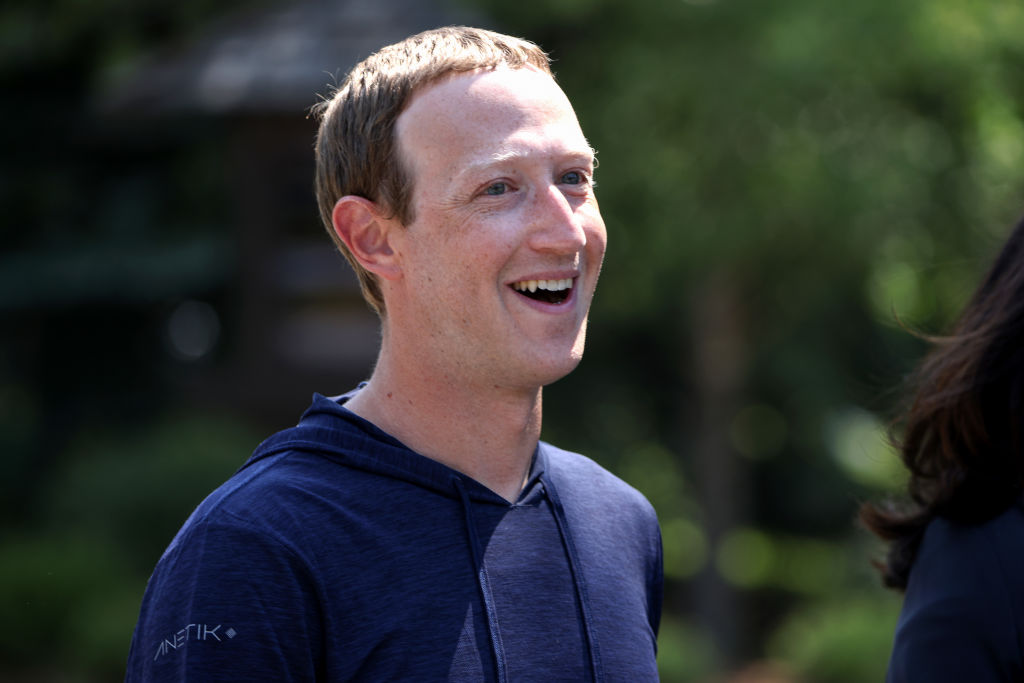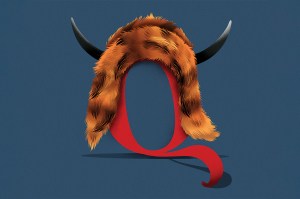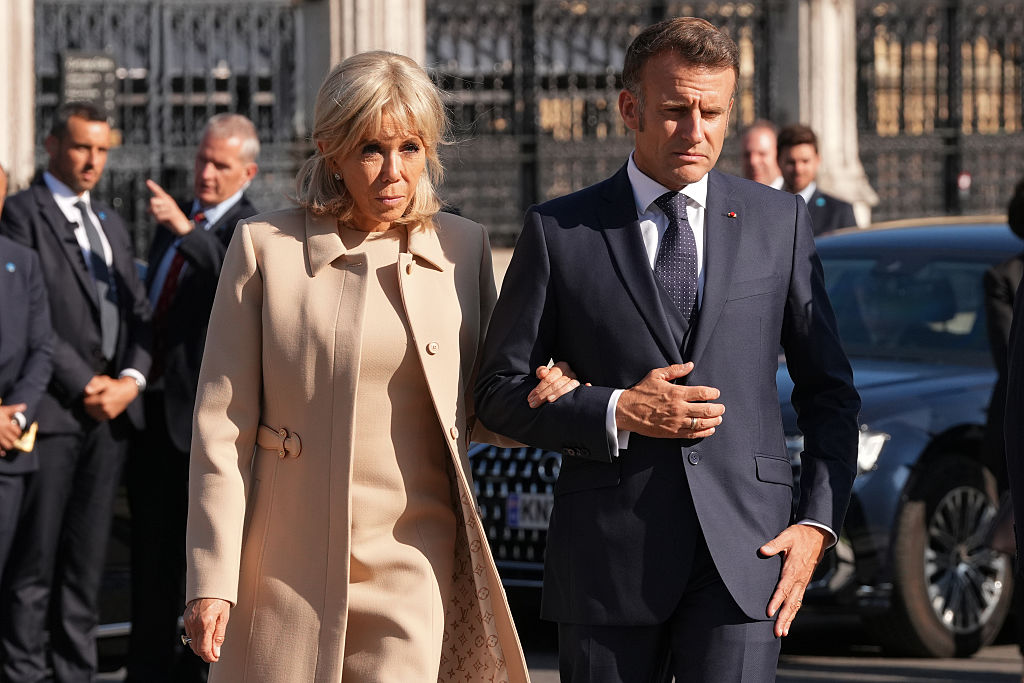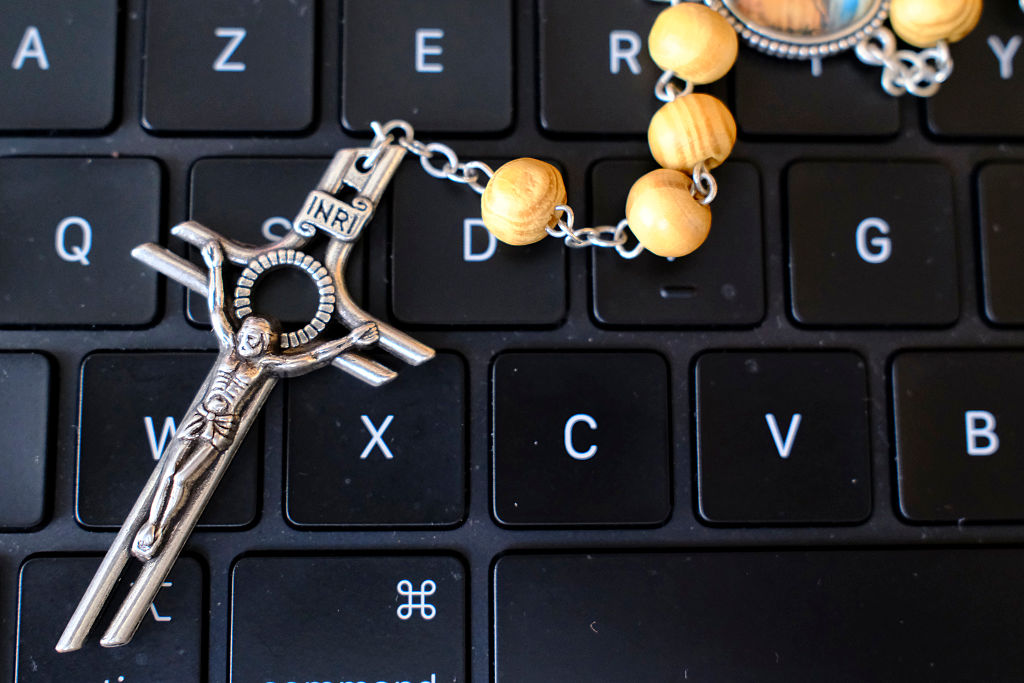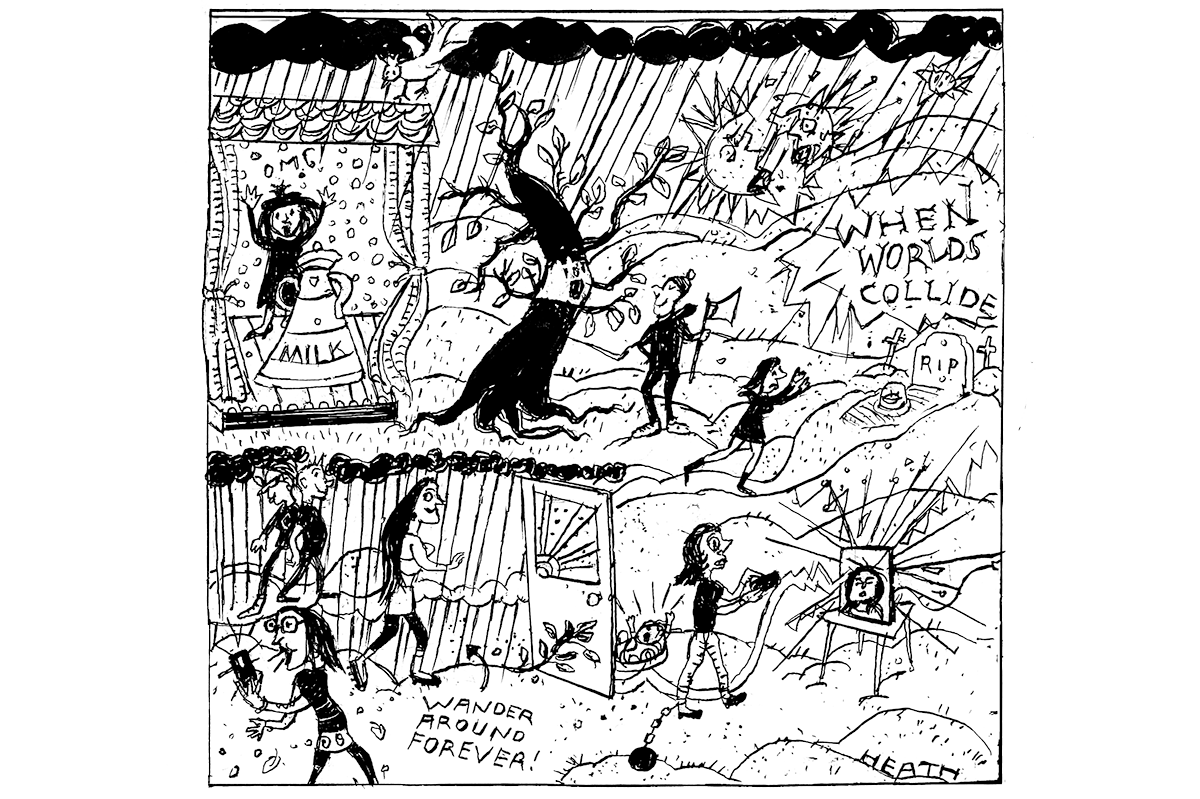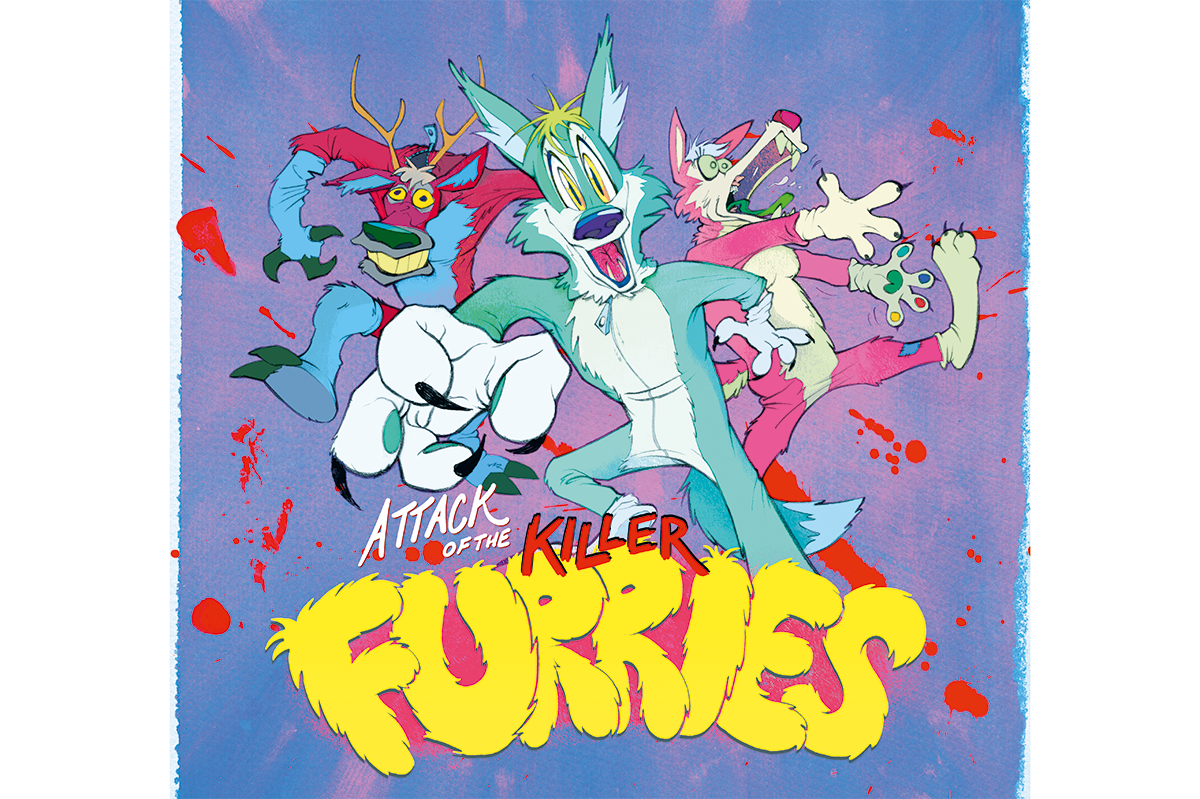Mark Zuckerberg emerged from his walk-in T-shirt closet last week to make a stunning announcement: Facebook will be changing its name. And while we don’t yet know what the new name will be, I think I may be able to help here. How about this: Boomerware? Or in keeping with Silicon Valley’s penchant for trendy misspellings: LyfeSuck? Or instead of a name, there’s just the sound of Rome burning?
The reason that “Facebook” is getting retired, per Zuck, is that he wants to “transition from people seeing us as primarily being a social media company to being a metaverse company.” What that means is that he’s trying to distance himself from Facebook and Instagram, the very brands he owns. The reason is that those brands have become synonymous with privacy violations, self-harming video challenges, conspiracy theories, bullying, riots, insurrections. A good Vegas bender, in other words, though less healthful as social fabric.
So off Zuckerberg goes, into the “metaverse,” which I think is like the Upside Down if the Demogorgons were constantly taking belfies. Yet spare a thought, too, for the old Facebook, which defined my young adult life more than I care to admit. I first swaggered onto a university campus back in 2005, which made me part of that Facebook guinea pig generation. The platform had only been around for about a year and only college students were allowed on. You could post photos of keg stands gone FUBAR and stalk your crush’s wall, but that was about it. It was more online yearbook than seething public square.
Facebook as we understand it today wasn’t really launched until 2006, when it introduced the news feed and nearly melted down the internet in the process. The initial feed didn’t just show you posts; it featured a kind of stock ticker that cycled through what your friends had liked, who they’d friended, almost every action they’d taken. It was so invasive that, in one of the more blatant foreshadowings of the social media age, hundreds of thousands of users threatened to boycott Facebook.
Facebook later apologized and axed the ticker. Yet a formula had been established, one in which personal developments were treated as news, and correspondingly news was defined down into the realm of the personal. This was to become one of the defining features of 21st-century life. Social media evolved into a kind of window onto the world. Instagram influencers were the new headline-grabbing celebrities. The apotheosis came with the election of Donald Trump, our first social media president, who was the living embodiment of the political made personal.
Zuckerberg had helped create a brave new world, one characterized by conflation, where so much information whizzed past our heads that we couldn’t hope to sift through it all. To make sense of it, we began to self-sort into our own little spheres. You might log onto Reddit, decide you were and always had been a crypto-normative K-cup-curious incel, and find an entire community ready to call others “c**ts” on your behalf. As everything became a blob, it paradoxically fractured into little identity-based fiefdoms. And it happened so rapidly, there was no way to fully process the ramifications.
In the movie The Social Network, the Sean Parker character, summing up Facebook’s ambition, says, “We lived on farms, then we lived in cities, and now we’re going to live on the internet!” What none of these guys ever asked was whether we could live on the internet, let alone whether we should. My conservative friends rightly complain that Facebook is trying to censor them. Yet the most un-conservative thing Zuckerberg ever did was to fundamentally overhaul our way of life without applying the forethought that might attend the release of a new ironing board.
So now the unintended consequences have become too big to ignore. Two whistleblowers have emerged with details of just how harmful Facebook understands its own products to be. The Capitol riot has heightened government scrutiny of social media. All this has Zuckerberg scrambling to place band-aids on a maelstrom. Hence the name change; hence all the internal “anti-misinformation” tweaks. Hence also why Zuckerberg popped up in the South a few years ago to traipse around while locals scratched their heads and blessed his heart. Observers speculated he was prepping for a presidential run, but in retrospect it looks more like damage control.
If Zuckleberry Finn over here is going to withstand this scrutiny, then he’s going to need to do more than take a hike down a country road. Because for all the good Facebook has admittedly done, it’s simply undeniable that right now a big part of the Zuckerberg legacy is to have unleashed forces he can’t control. And while Instagram models don’t appear to have been one of the curses released from the original Pandora’s Box, an unprecedented spike in teenage female suicide risk is just one ill to have emerged from this one. These problems, as internal Facebook documents show, are fundamental, tied to core social media features like the news feed and like button, which Zuck is loathe to change.
Fortunately there is hope. It comes as usual from that one-man Götterdämmerung Donald Trump, who recently announced he was building his own social media platform, subtly called TRUTH Social (I was hoping for The Cyber). Features will no doubt include the ability to “schlong” your friends and 40-minute pop-up videos of Trump ranting about deputy comptrollers from Georgia that can’t be skipped. Yet perhaps Trump can also lure some of those conservative Boomers away from Facebook. Perhaps with his restored platform he can even spend some time putting pressure on his new rival before we’re all hurled kicking and screaming into the metaverse.



